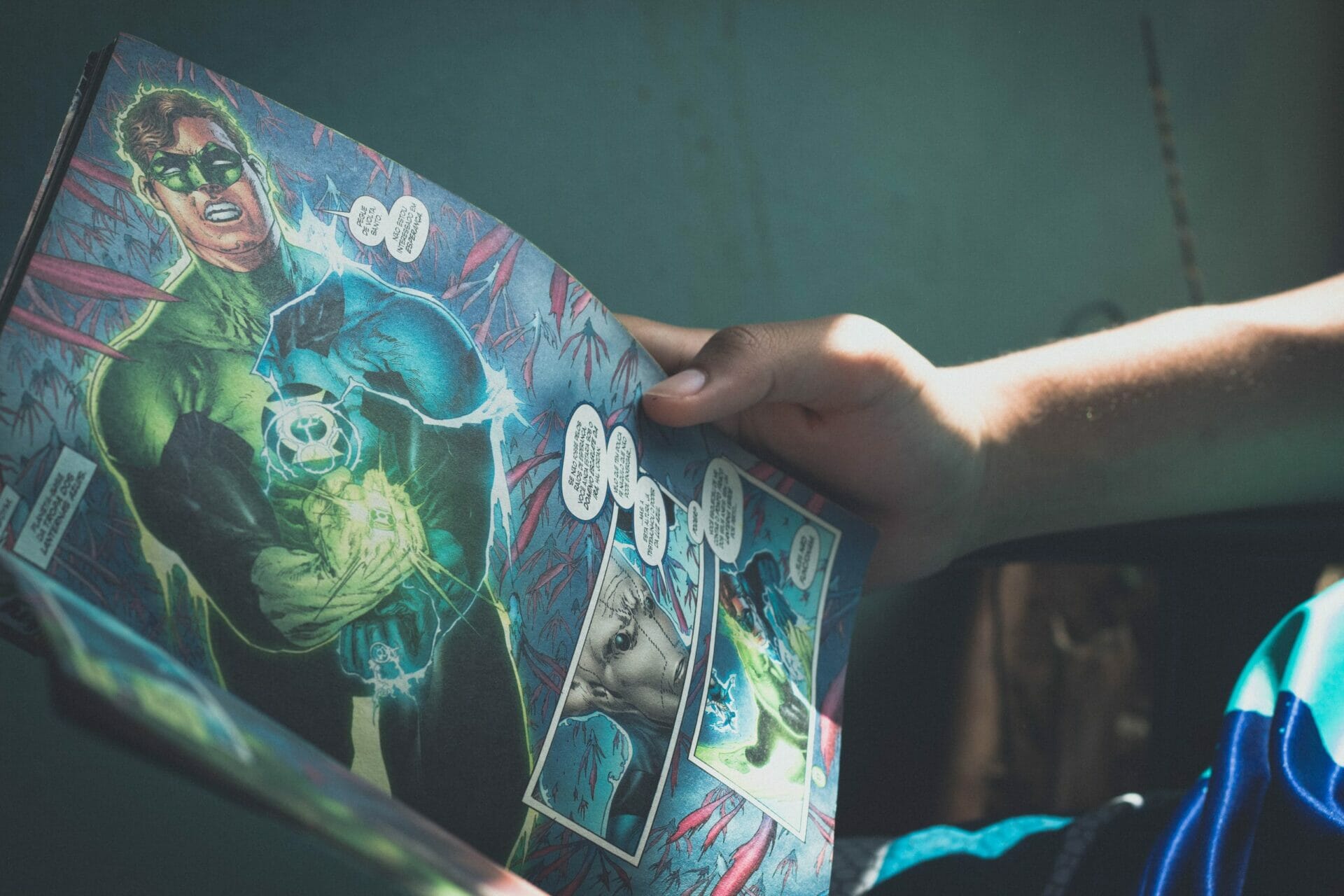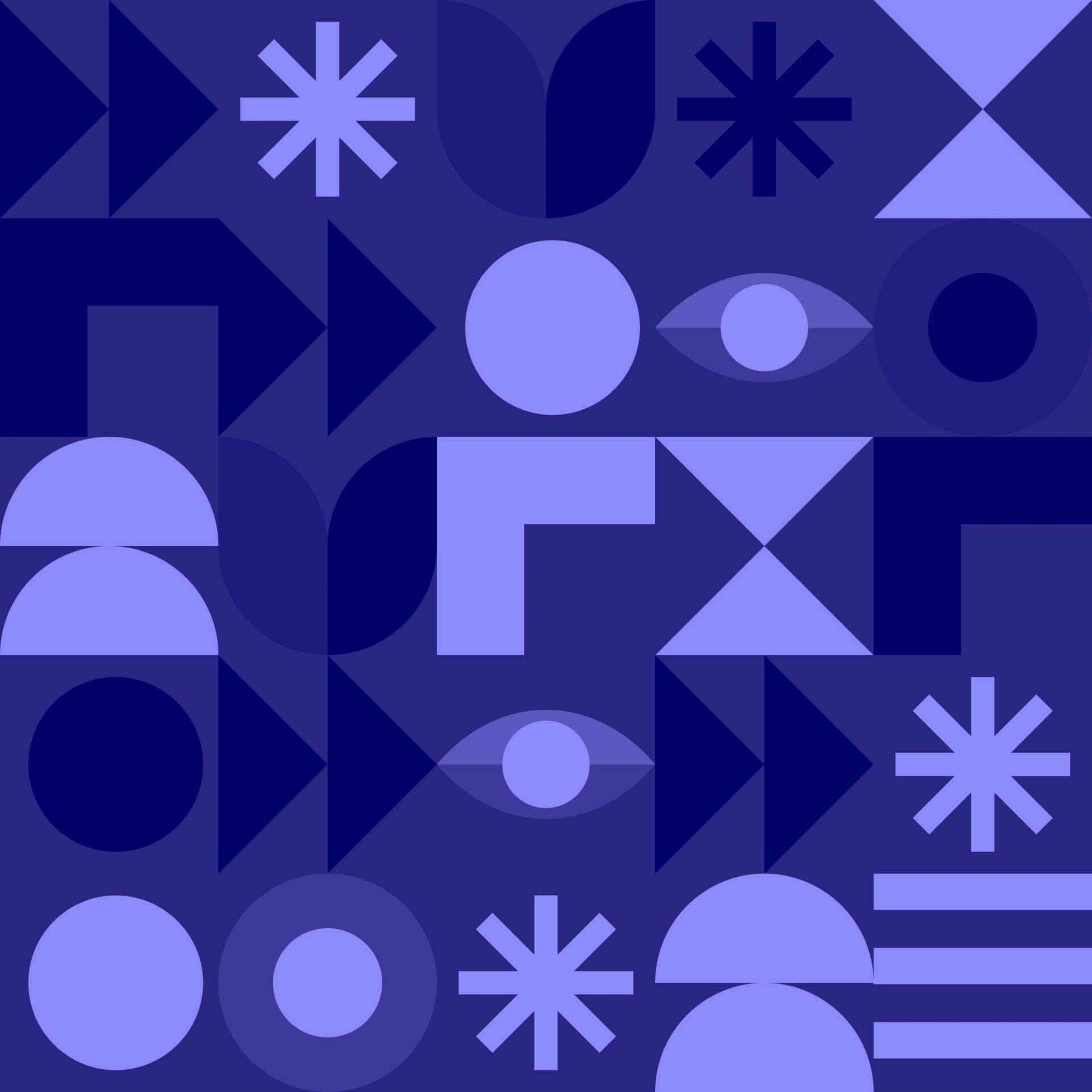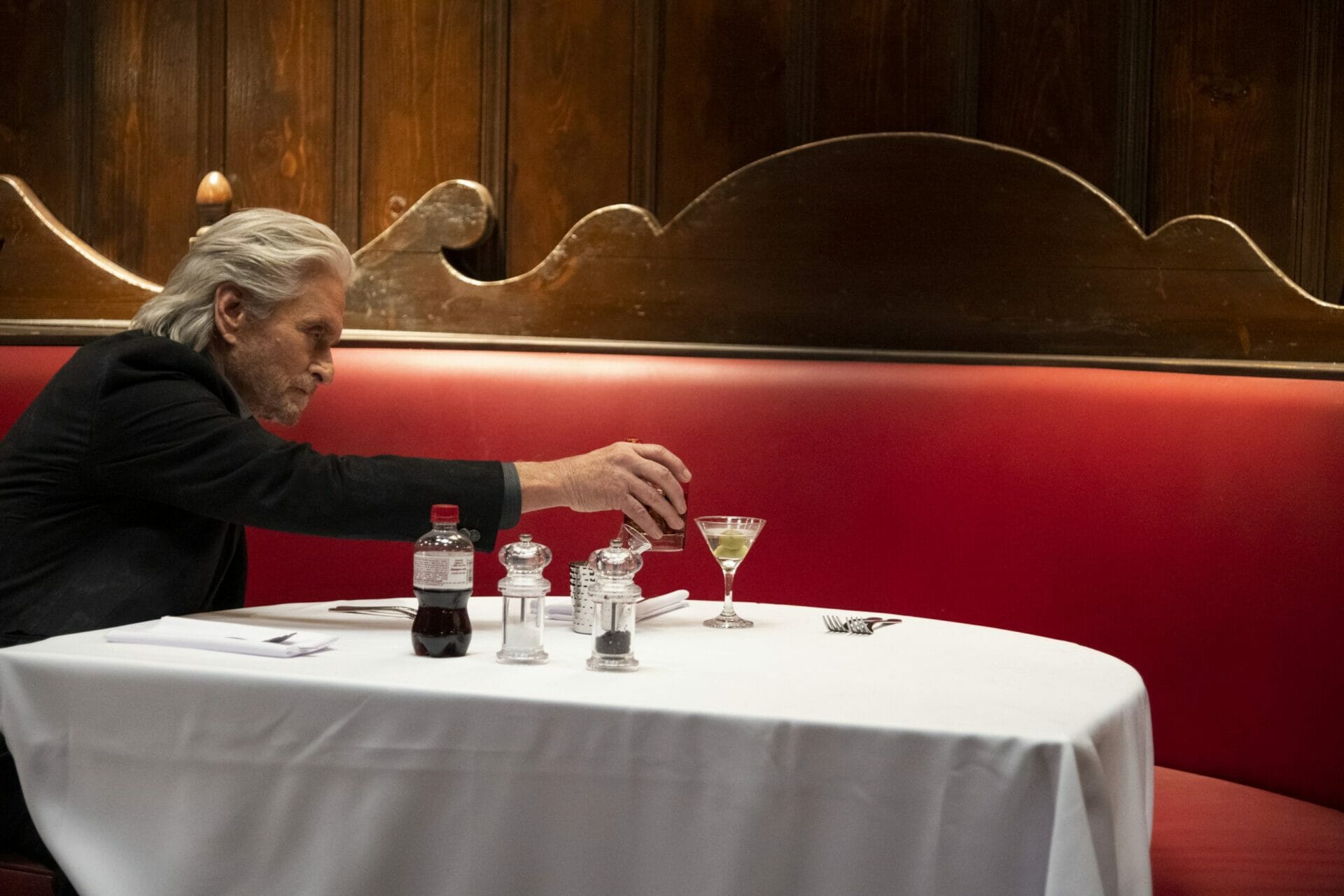
The Big Bang Theory | How nerds and geeks conquered the world
Showrunner
Director
Year
Country
Seasons
Runtime
Genre
Subgenre
By
The Big Bang Theory is a CBS TV show created by Chuck Lorre and Bill Prady. The first episode aired in 2007, while the last one – 12 seasons and 279 episodes later – was in 2019. The Big Bang Theory tells the story of four friends: Leonard Hofstadter (Johnny Galecki), Sheldon Cooper (Jim Parsons), Howard Wolowitz (Simon Helberg) and Raj Koothrappali (Kunal Nayyar). They’re all scientists working at the California Institute of Technology, in Pasadena.
They embody the stereotype of the nerd and geek: passionate about science, comics, fantasy and science fiction. Everything begins to change when Leonard meets the girl who just moved into the apartment opposite to the one which he shares with Sheldon: Penny (Kaley Cuoco). With Leonard, it’s a case of love at first sight for the girl – who is in fact his polar opposite – and therefore he does everything he can to win her over.
Despite some reserve on the part of critics, viewers loved it. And, despite the debate, it has received more than 200 nominations for various awards, including Golden Globes Awards and Primetime Emmy Awards.
Friends as family
What contributed to the success of The Big Bang Theory among its audience were the characters. They are people living with social anxiety their days. They started from the stereotype – which at first may not be considered as a plus – and built on from there: helped by those immediately recognizable character traits, the public empathized and identified with them. This shifts also included other series like Glee and Community (2009). The reason behind this choice is expressed in the theme song, which opens every episode of the show.
It begins by talking about what man has done throughout history, and then comes to the present day, to the characters of The Big Bang Theory. All the protagonists, smiling, are sitting on the same sofa, and, in doing so, they express a universal concept. Differences don’t matter: if they are geek, nerd, neuroscientist or if they only think about sports, they can still share a life together and have a good time.
The psychological side
In addition, what attracted the audience’s attention was the highlighting of a subculture that was not that mainstream at that time: the nerds, thanks to The Big Bang Theory, get freed from the loser tag. They become the heroes of the story, and people in everyday conversations also began to use their odd and nerdy quotes (“Bazinga!”), turning prom queens into stereotyped, no longer interesting characters.
The public also developed a passion for the characters of The Big Bang Theory from a psychological point of view. In that sense, among all of them, Sheldon Cooper became kind of a symbol. He is the one who least manages to integrate, fails to recognize any kind of sarcasm, rejects some social rules and has the manipulative and dominant personality of a possible narcissist and/or a man with Asperger’s syndrome.
His fictional existence may have contributed to the creation of other protagonists such as the ones of Atypical or The Good Doctor, but it helped in drawing the viewer’s attention to representing diversity.
Penny: I hate that your sister and her friends used to torture you. But what I hate even more is, if I was there, I would have tortured you, too. […] My point is: there was a time I never would’ve been friends with someone like you. And now you are one of my favorite people. So, if what you need is to spend your birthday in a bathroom, I’m happy to do it with you.
Penny and Sheldon in a scene from episode 9×17
Sheldon: Well, everyone will think I’m weird.
Penny: Sweetie, you are weird. Everyone knows you’re weird, but they’re all still here because they care about you so much.
The evolution of nerds and geeks
Stereotypes are strong. Nerds are particularly intelligent people, passionate about science and technology, but who often lack social skills. Geeks, on the other hand, are people obsessed with comics, science fiction, superheroes, board and role-playing games and everything that goes around them. The characters in The Big Bang Theory have a little of both, and they evolve but never abandon their true selves and inherent nature. For them, in terms of representation, the series has done what Will & Grace did for the LGBTQ community.
The show’s popularity went hand in hand with the expansion of the most well-known entertainment franchises. Marvel and DC comics. Star Wars. Game of Thrones. Harry Potter. Doctor Who. Lord of The Rings. Star Trek. And on and on. The characters of The Big Bang Theory are all obsessed with the same topics.
It was a kind of revenge on the part of those who are part of these subcultures. Starting with the creators of the show themselves, Chuck Lorre and Bill Prady. Prady was a computer programmer, in the mid-2000s, and he told Lorre about his work colleagues, absolute nerds. Thanks to them, The Big Bang Theory was born. Over time, even the show’s writer’s room has become a “sort of the geekiest collection of human beings, assembling daily in southern California” (Bill Prady to GeekBrief.TV).Speaking instead about who said that the show wanted to laugh at geeks and not with geeks, Prady also added:
When I was a programmer, there were a lot of different flavours of people that worked with us. There was a guy who couldn’t go someplace by himself that he’d never been before. And as opposed to screaming and saying “But why can’t you just go there?”, it was sort of “Well, no, you can’t ask him, he can’t go there because he’s never been there before”. And it was an acceptance of people’s idiosyncrasies and a celebration of difference as opposed to an exploitation of difference. That’s what we’re trying to bring here.
Bill Prady to GeekBrief.TV
It’s not completely over yet
The success of The Big Bang Theory was first measured in numbers, with a viewership that never went below 11 millions, from the fourth season onwards. It became the longest-running multi-camera sitcom in US history (a format considered risky, already in decline since the days of Friends and Seinfeld).
And slowly, famous personalities from both the world of science and entertainment wanted to appear in The Big Bang Theory. Stan Lee, George Takei, Carrie Fisher, Steve Wosniak, Bill Nye, Adam West, Bill Gates, Mark Hamill, Bob Newhart and Stephen Hawking are just a few of the names involved in the show.
Even though it’s over, there still are events related to the world of The Big Bang Theory. The Young Sheldon spin-off has been on the air since 2017. In 2015 Chuck Lorre established, along with CBS and the show’s stars, several $4 million scholarships at the University of California (The Big Bang Theory Scholarship Endowment). Enrollment in physics faculties has increased in several countries all around the world.
Tag
Buy a ☕ for Hypercritic








